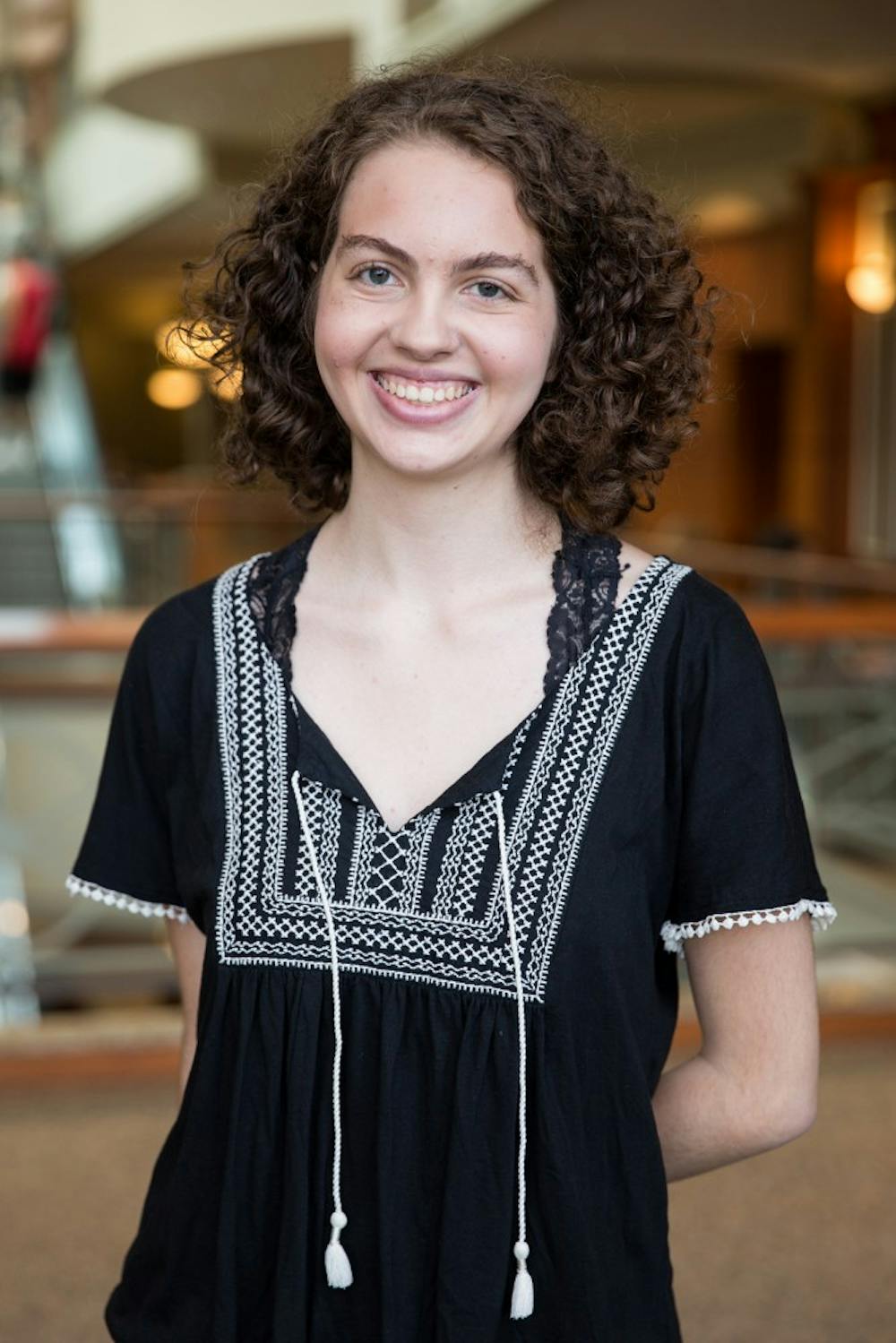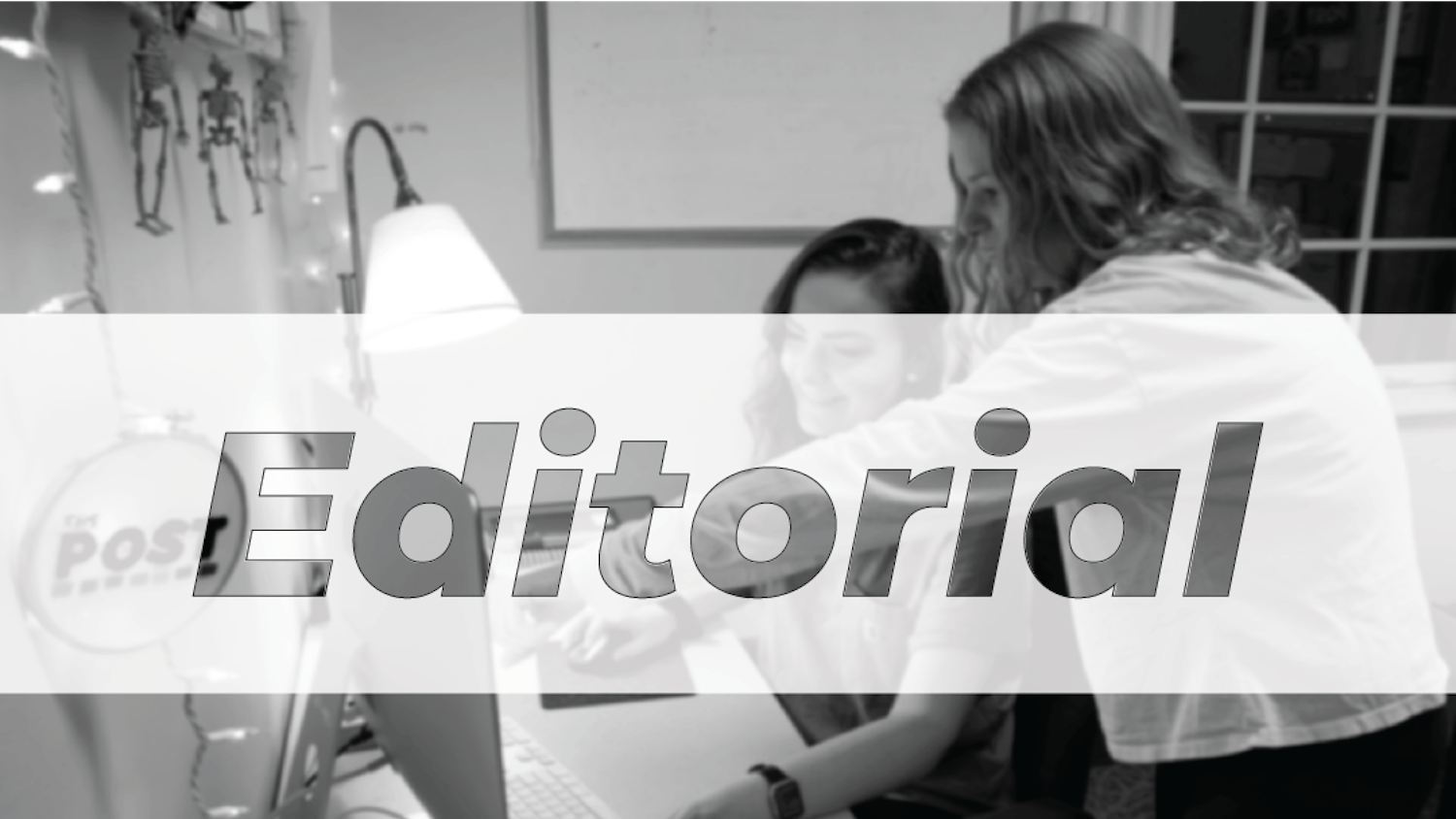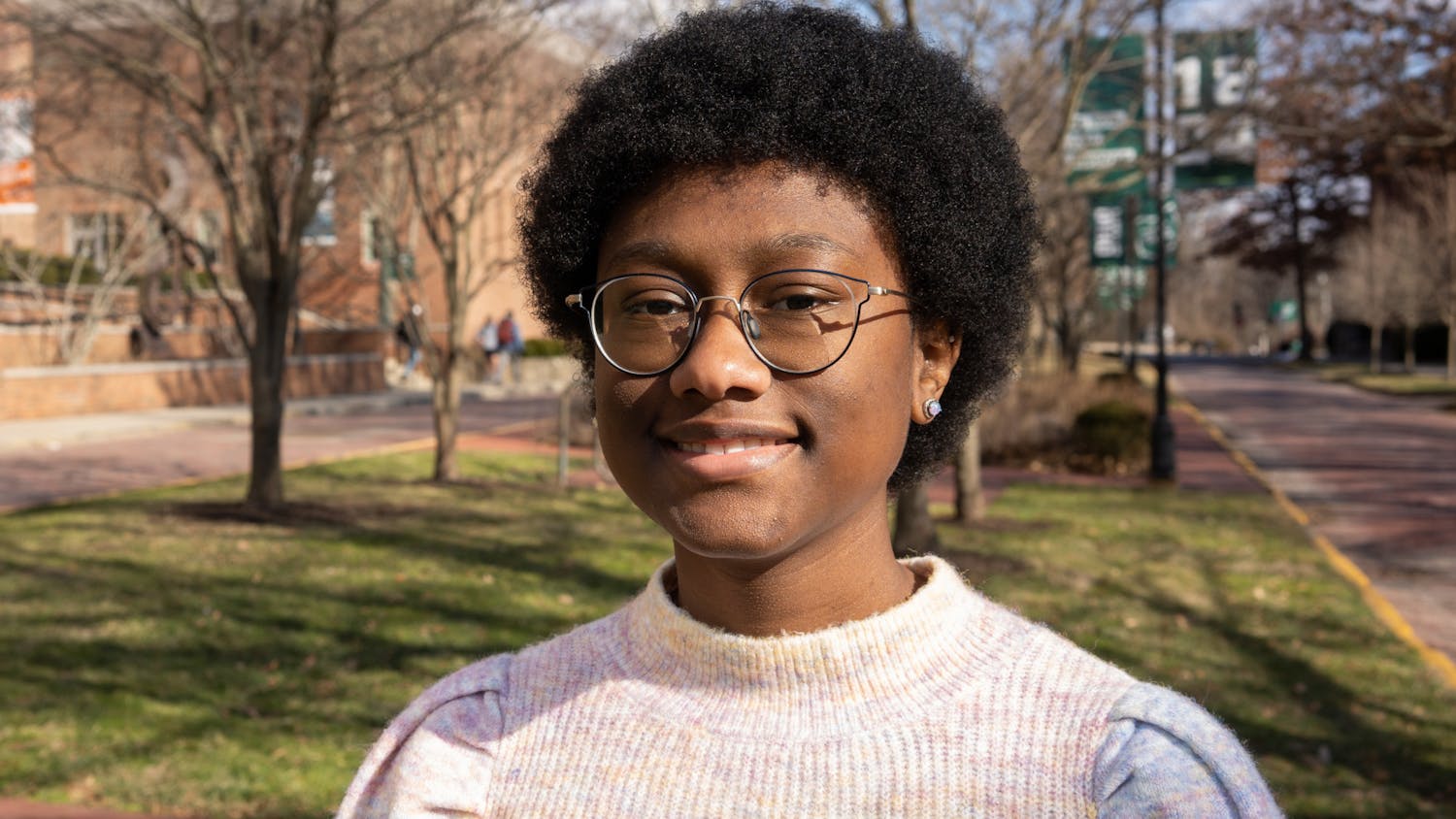Women who are attracted other women have a variety of struggles. We get murdered on TV, are often cut out of the general narrative of LGBTQ issues, are fetishized in entertainment and generally face an onslaught of sexism — as well as increased racism and classism — when compared to our male peers.
All of these issues merit a discussion. But there’s a much broader issue that faces queer women that is often glossed over: what are we even supposed to be called?
General media and even some queer sources generally use the term “lesbian” to refer to any queer woman or a relationship between women. But “lesbian” is not meant to be a general term. It’s specifically meant for a female-identifying person who is attracted romantically or sexually to —primarily and usually only — other female-identifying people.
To label someone a lesbian or their relationship as a “lesbian” relationship completely assumes both their gender (female) and sexual (solely same-sex) identities. While there are plenty of times when “lesbian” is acceptable to not only individuals but whole groups, generally it glosses over and assumes identity too much to be used as a general term.
Some lesbians don’t even use “the L word” to identify themselves, and simply choose to call themselves gay instead. There are some disagreements as to whether or not this term should be acceptable: Is "gay" only meant to be used by men who experience solely same sex attraction? Is gay used instead of lesbian to avoid the negative connotations of being a woman attracted other women, even though the words both mean same-sex attraction?
There is also an ongoing debate over whether or not this word should be used to anyone who falls under the LGBTQ+ umbrella, or whether it should be preserved solely for people who are only attracted to their own gender. Still, the term is often used by people who experience any sort of same-sex attraction, even if they experience other types of attraction as well.
And then comes the word “queer”. There is major debate over this word; many don’t like to use it to describe either themselves or their communities because of its past violent connotations. Others are fine using it and encourage its reclamation by anyone who is not heterosexual, heteroromantic, or cisgender. There are several discussions over who can use the word, but many non-straight female-identifying people use it as an umbrella term for themselves, especially when they are not entirely sure of where their sexuality fits under more specific labels.
The word “Sapphic” has recently become popular again among circles for women attracted to other women. It takes an ancient reference in its name, much like the word “lesbian” itself. Lesbian originally referred to “of Lesbos”, an island in of the coast of Greece. In ancient times, the island was home to Sappho, a poet who is most known today for her writings that reference her love for other women. While the name of Sappho’s island home is one of the most well-known words for female same-gender attraction, it limits bisexual, pansexual, and other queer women. Sapphic, however, is a broad term that encompasses all these sexualities, and many use it either along with or in place of “queer” as an umbrella term.
“WLW” has also made a recent resurgence in popular culture. It is an abbreviation that stands for “women loving women” and is another umbrella term, similar to “Sapphic”, that encompasses all queer female identities. While the original term draws its origins from black lesbian communities, it has been stated that the term is still meant to be broad and encompass all races as well as queer female sexualities.
Now that we’re covered some definitions and basic histories, I’ll say this. I identify as a lesbian, and I have used every single word on this list at some point or another to reference both myself and my community. Personally, I consider them all valid terms for myself, and I generally don’t have an issue with people using these words if they are female-identifying and attracted to other people who are female-identifying.
My only real issue is women referring to themselves as lesbians when they experience opposite-gender attraction, because that’s not the basic definition of the word. I’m fine with them using gay if they’re, say, bisexual, because I view this as more of an umbrella term. But not all people are fine with this usage. Plenty of people have issues with people of certain identities using these words in various contexts.
Going forward, I will probably use all of these words multiple times while writing on these issues, because quite frankly, they’re easier and faster than constantly repeating “a female-identifying person who is attracted to another female-identifying person." However, everyone has different opinions on their own and others’ labels, and it’s important to keep these opinions and connotations in mind when any of these words are used, by me or by anyone else.
There are rarely times when labels are universal, and this has never been more true than in the case of sexuality.
Delaney Murray is a freshman studying journalism with a focus in news and information at Ohio University. What do you think are accurate labels people can use for members of the LGBTQ+ Community? Let Delaney know by emailing her at dm181515@ohio.edu or by tweeting her at @delpaluinem






